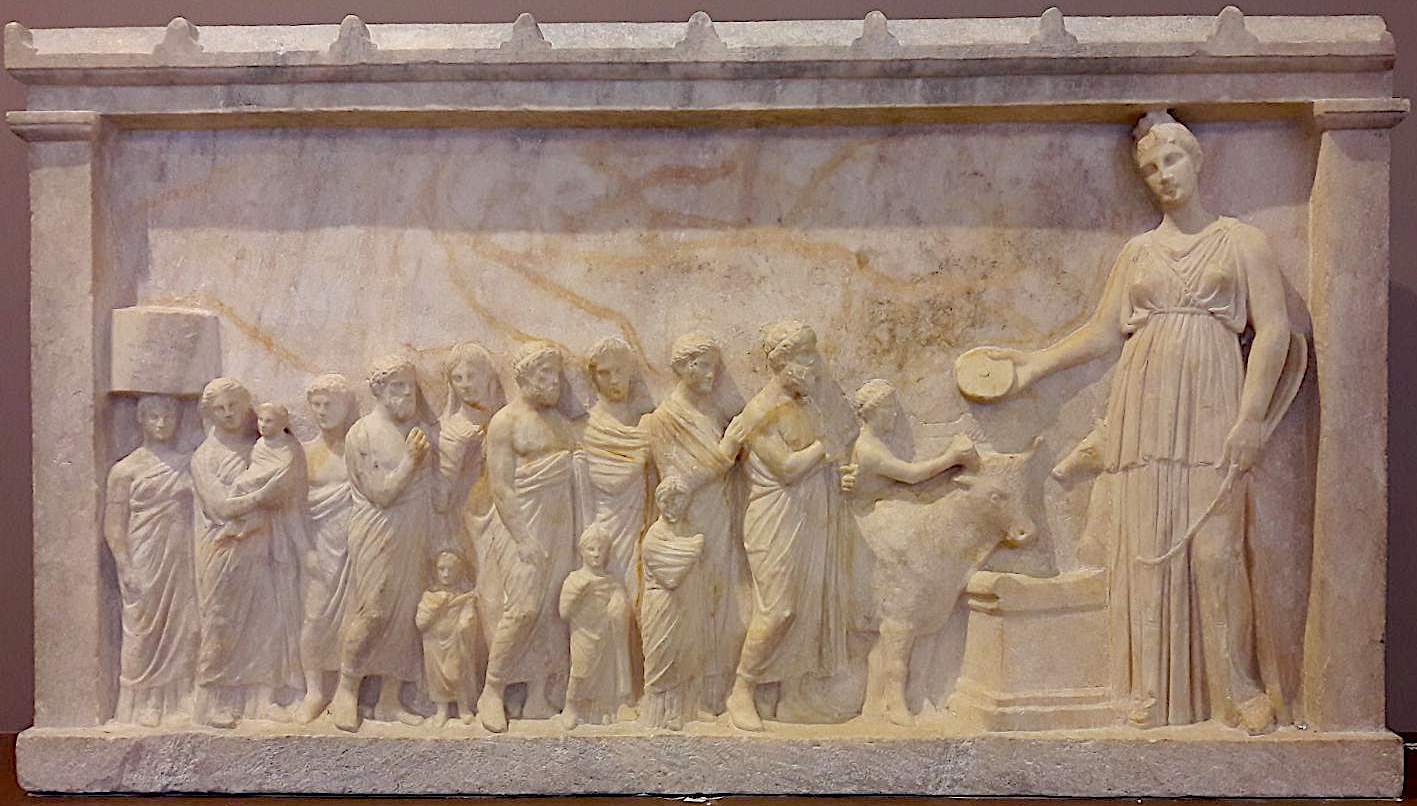RMA Dissertations
Women’s Dedicatory Practice in Ancient Attica
A reconsideration of women’s economic agency
Alma Kant
See full text in the UU repository
During the previous century, increasing attention has been paid to the position of women in Antiquity, an interest that has intensified even further during the last couple of decades. A general trend can be discerned, one wherein the academic focus has shifted from the grand accomplishments and major events of the past, to the history of ordinary lives and the day-to-day affairs of people. Thus, in a similar respect, more research was incited into the less well-studied social groups of antiquity, that of metics, slaves, and women. Interest in the lives of the last was no doubt triggered by the rise of the feminist movement during the 60s and 70s of the previous century. Regarding this, I must say that though feminist scholarship and the current hot topic of gender have contributed greatly to our knowledge of women in the ancient world, there often seems to be a tendency to overcompensate — sometimes necessary — to challenge the prevailing dogma. Doing so, scholars have pushed the boundaries of the evidence too far. Therefore, it is upon scholars today to establish a more nuanced consensus on the position of women in antiquity, shedding our current beliefs and ideas and refrain from letting them influence our scholarship. That said, the same holds true for the apparent conservatism in scholarship, which has hindered the exploration of new ideas and has provoked the overcompensation I mentioned earlier. Because of this conservatism, over the years, certain aspects of women’s lives in the ancient world have been under-explored. One such aspect is the economic capability of women in ancient Greece, a topic which has come somewhat to a standstill. It is therefore the attempt of the current study, to provide more insight into the economic position of women in ancient Attica, challenging some still commonly accepted beliefs to provide a fuller picture of the day-to-day lives of women in ancient Greece.


